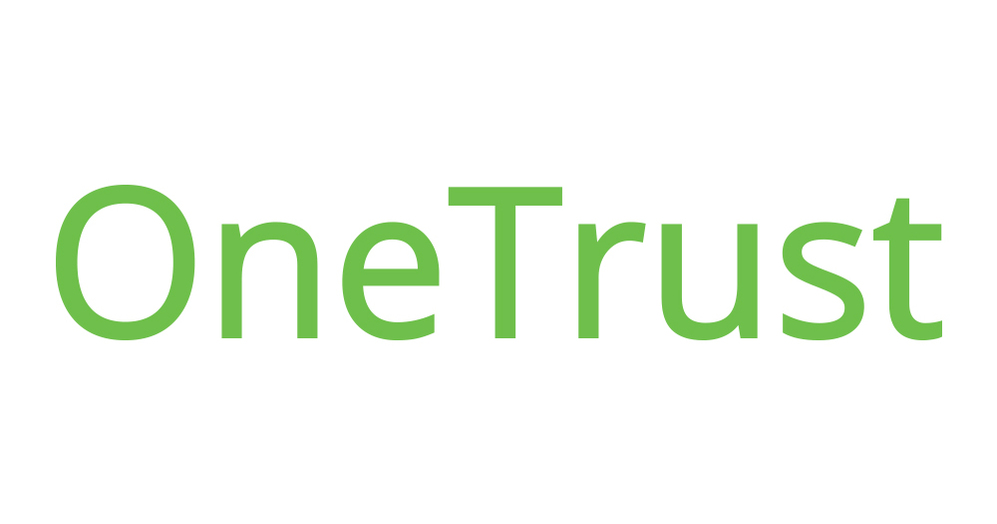Europe is being urged to take a leading role in developing sixth-generation wireless technology as global competition intensifies over the future of connectivity and AI.
Speaking at the Mobile World Congress in Barcelona, Wassim Chourbaji of Qualcomm argued that 6G will represent a technological revolution rather than a gradual improvement over existing networks.
The company expects early pre-commercial deployments to begin around 2028, with broader commercialisation targeted for 2029.
Next-generation wireless networks are expected to support physical AI systems capable of interacting with the real world, including robotics, smart glasses, connected vehicles, and advanced sensing technologies.
High-capacity uploads and faster processing between devices and data centres will allow AI systems to analyse video streams and real-time data more efficiently.
Qualcomm has also launched a coalition aimed at accelerating 6G development with partners including Nokia, Ericsson, Amazon, Google and Microsoft.
Advocates argue that combining European industrial strengths with advanced wireless and AI technologies could allow the continent to secure a leading position in the next phase of global digital infrastructure.
Would you like to learn more about AI, tech and digital diplomacy? If so, ask our Diplo chatbot!










